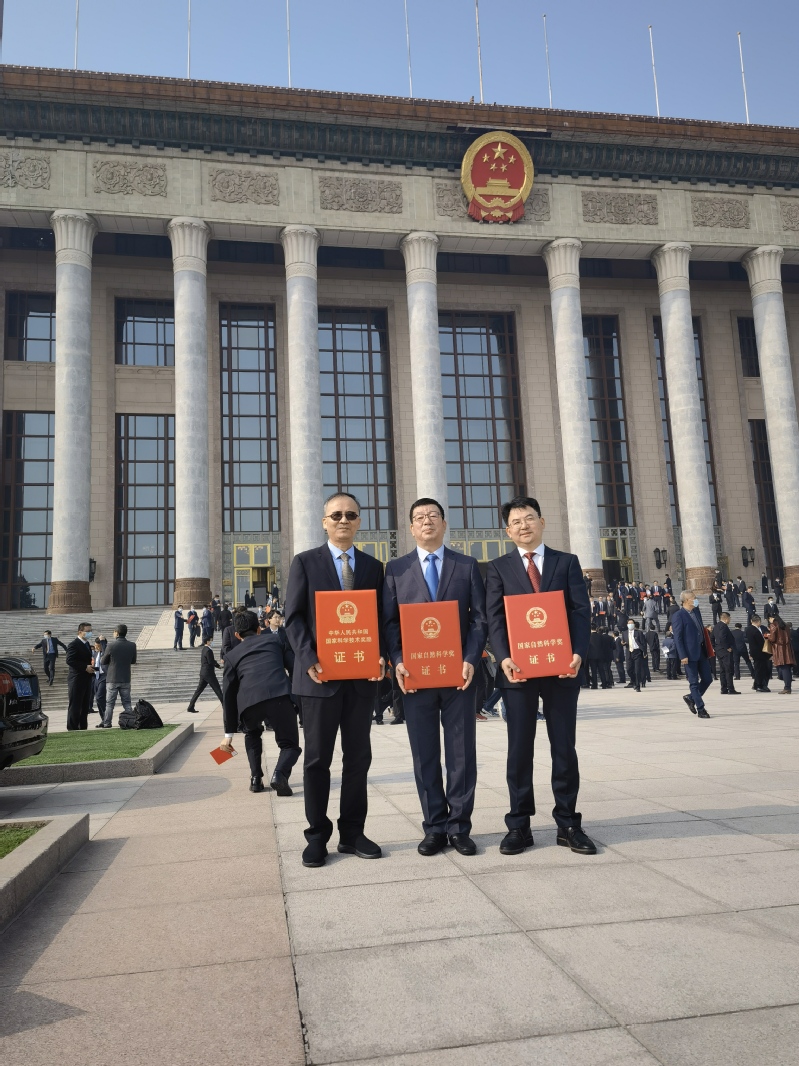
China’s top science award National Science and Technology Awards were unveiled on November 3. Established by the State Council, the National Science and Technology Awards include the State Preeminent Science and Technology Award, the State Natural Science Award, the State Technological Invention Award, the State Scientific and Technological Progress Award and the China International Science and Technology Cooperation Award.
Fudan scientists have been honored with 4 prizes, including a first prize and a second prize of the State Natural Science Award, a second prize of the State Scientific and Technological Progress Award and a second prize of the State Technological Invention Award. It was the first time for Fudan scientists to win a first prize of the State Natural Science Award, and the first time for scientists based in Shanghai to achieve this award since 2002.
2020 State Natural Science Award
The State Natural Science Award is conferred on those who have made major scientific discoveries in clarifying natural phenomena, characteristics and rules in fundamental research and applied fundamental research.
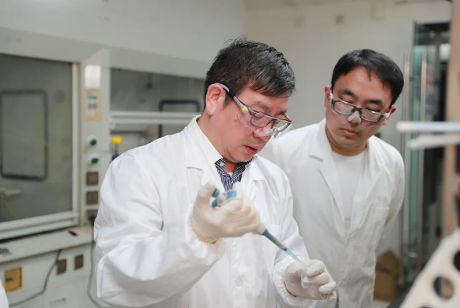
The creation of mesoporous polymer and carbon material by Dongyuan Zhao, CAS academician and professor at Department of Chemistry, and his teammates Wei Li, Yonghui Deng, Fan Zhang, etc., has been honored with the first prize of 2020 State Natural Science Award.

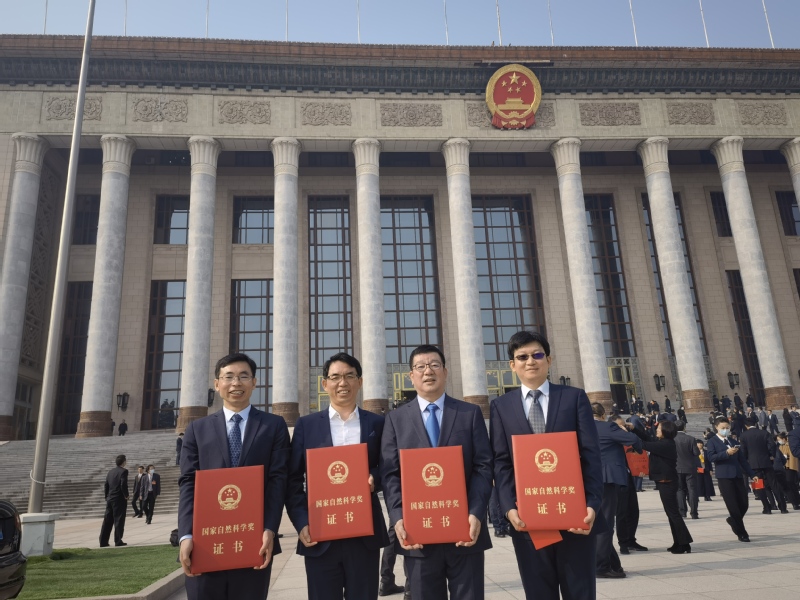
Zhao’s work centered on the creation of mesoporous polymer and carbon material, which are three-dimensional nanostructures that contain well-defined pores with a diameter between 2 and 50 nanometers. Mesoporous material are desirable adsorbents and catalysts in oil refinery, medicine, biotech, cosmetics, nanotechnologies, etc. At a time when every mesoporous material was made from inorganic material such as silica and metals, Zhao and his collaborators turned what seemed to be a whimsical idea of making organic mesoporous materials via self-assembly into reality.
In 2003, Dong Gu, Zhao’s student and now a chemistry professor at Wuhan University used an unorthodox method of polymerizing the organic molecules first before assembling them into mesoporous material. The process streamlined the traditional production method and yield promising results. The team later perfected the method and published their results. Since then, over 1,500 research institutes from more than 60 countries and regions have conducted follow-up studies based on Zhao’s method. Catalysts made from Zhao’s mesoporous material has been used in Sinopec Group, a large Chinese oil and gas enterprise, to increase their fuel oil production. In addition, the supercapacitor created from the material has been used during the 2008 Beijing Olympics and World Expo 2010 Shanghai.
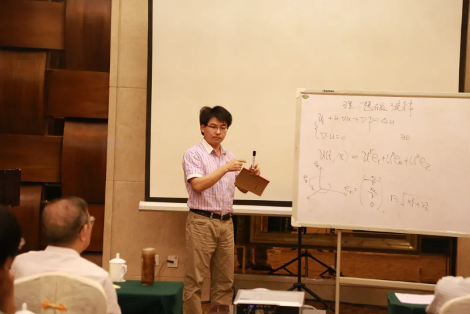
The research on “Nonlinear Intrinsic Structures of Incompressible Fluid Equations” conducted by Zhen Lei and Yi Zhou, both of whom are professors at School of Mathematical Sciences, has won the second prize of 2020 State Natural Science Award.
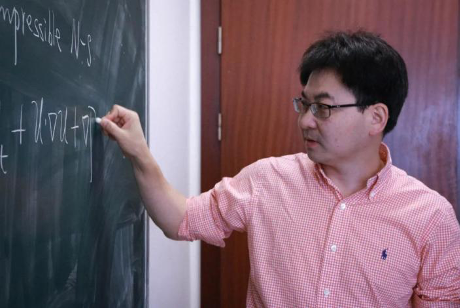
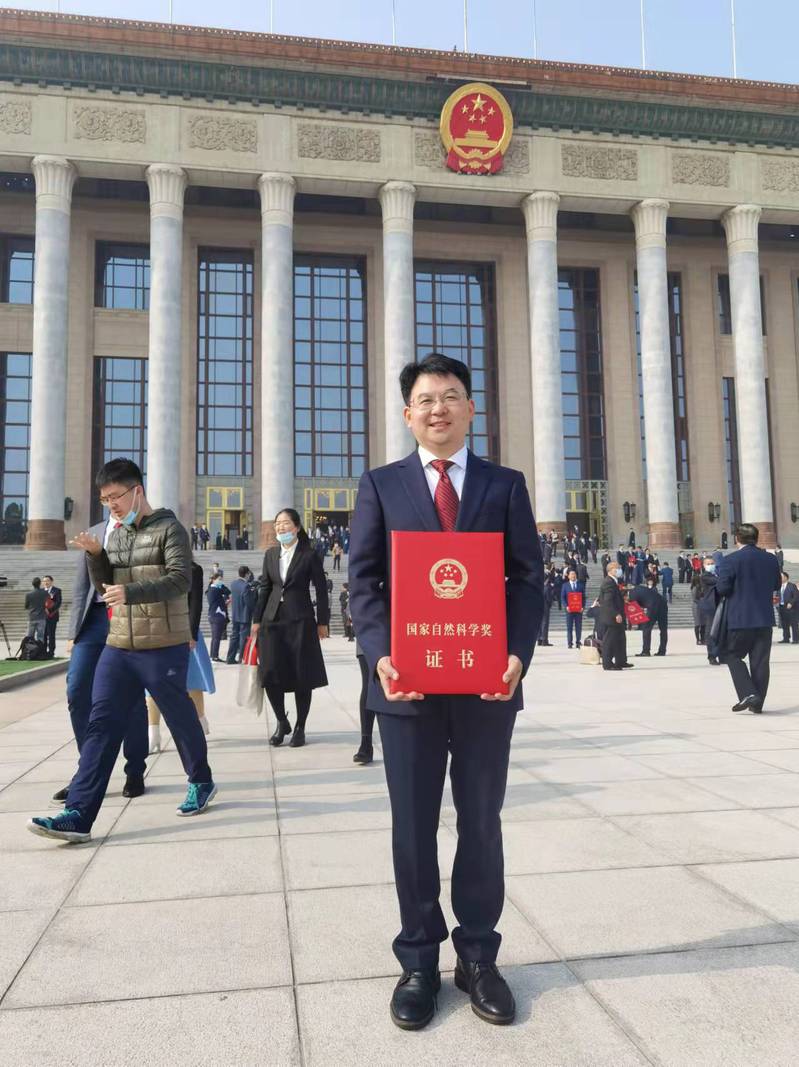
The incompressible Naier-Stokes (NS) equations were derived in 1822 as a fundamental system describing the motion of viscous flows. When viscoelasticity is measured, elastodynamics can be derived by ignoring viscosity. Both the elastodynamics and the Faddeev model are wave-type pulse detonation engines (PDEs). Their global well-posedness (GW) could provide convincing explanations for many complex physical phenomena such as turbulence, and are long-standing fundamental key topics. NS is one of the Millennium Prize problems.
In Lei and Zhou’s research, a) nonlinear intrinsic strong degenerate structures of incompressible elastodynamics are discovered, and a notion of strong null condition is introduced and found to be satisfied after certain surgeries, and GW is finally proved. b) A 3D NS model satisfying energy identity is established, pinpointing nonlinear stabilzing effects of convection. Axi-symmetric solutions to incompressible NS equations are systematically studied. A new solution space is introduced, and known smallness conditions on data are quantified. c) A generalized radial-angular anisotropic energy method is introduced to utilize the intrinsic degenerate structure of the Faddeev model. The GW near equilibrium is established.
2020 State Scientific and Technological Progress Award
This award is conferred on individuals or organizations that have made outstanding contribution in applying and disseminating advanced research results or completing major R&D projects, plans and programs.

Under CAS Academician Jia Fan’s guidance, Jian Zhou, professor at Zhongshan Hospital affiliated to Fudan University, and his team have taken the second prize of 2020 State Scientific and Technological Progress Award.
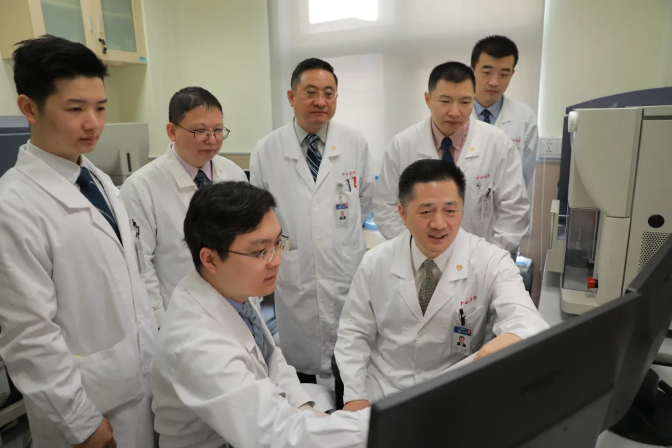
They established a plasma microRNA panel that has considerable clinical value in diagnosing early-stage liver cancer, developed novel schemes that employs circulating tumor cell (CTC) for early warning of liver cancer recurrence, and developed new strategies for personalized hepatocellular carcinoma treatment to overcome tumor heterogeneity, creating an integrated plan that covers each stage of diagnosis and treatment of hepatocarcinoma and significantly improving the overall survival of patients with liver cancer.
The microRNA detection kit for liver cancer, CTC-based detection system, and personalized treatment strategies established by Zhou and his teams have been applied in nearly a thousand Grade-3 First-class hospitals in 29 provinces and cities across the country. The postoperative 5-year survival rate of liver cancer patients has risen to 65.0%, higher than that in Japan (62.8%) and Europe and the United States (60.0%).
